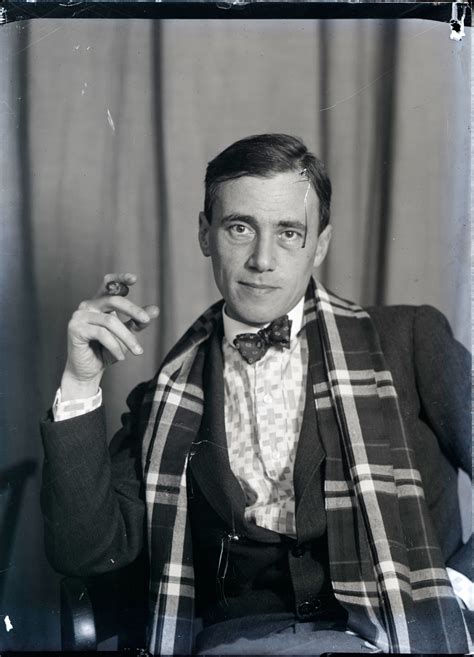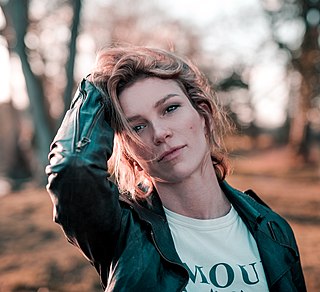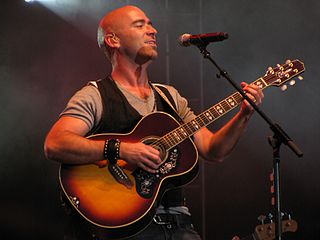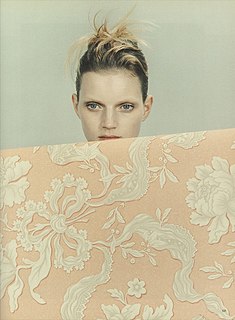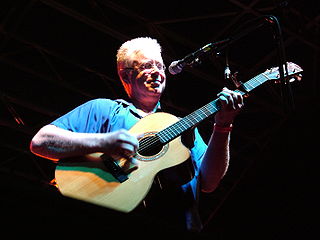A Quote by Jim Lee
Whether it be in comics, games or film, you can trace the art direction and influences back to some earlier, real-life historic period or artistic movement.
Related Quotes
I left film because I felt that photography was my art. It was something I could do on my own, whereas film was so collaborative. I thought as a photographer I could make something that was artistic and that was mine, and I liked that. And it wasn't until I got back into film and I have very small crews and I could do very tiny filmmaking that wasn't 100 people that I still felt that I was making something artistic as a filmmaker. So, you know, I'm an artist, and whether it's photography or film, I want my voice to be there and I think my voice is very strong in this film.
The Nineties was such an incredible period. There was this real sense of community and such a uniqueness to it. There were unique personalities, unique bands, unique lyrical takes. A lot of artistic expression. It was this real renaissance that was exciting to be a part of. It's hard to not look back on that period and say, "Yeah, it was crazy. But it was crazy good."
I started drawing comics, and at first I was very influenced by the whole pop art movement, you know, Batman was on TV and all that pop art stuff? But then my next influence was in 1966, or maybe it was '65, I don't know. Somebody showed me a copy of the "East Village Other", which was an underground newspaper. And... it had comics in it! And they weren't superhero comics.
Strangely enough, for me, Instagram has been a creatively freeing and inspiring format lately. I have been so very resistant to nearly all forms of media, yet finally this made it into my atmosphere, and in discovering this I have been propelled into some movement and new ideas. Real life images, curated images, even the visual diarrhea are incredible fertilization for movement in some direction or another.

